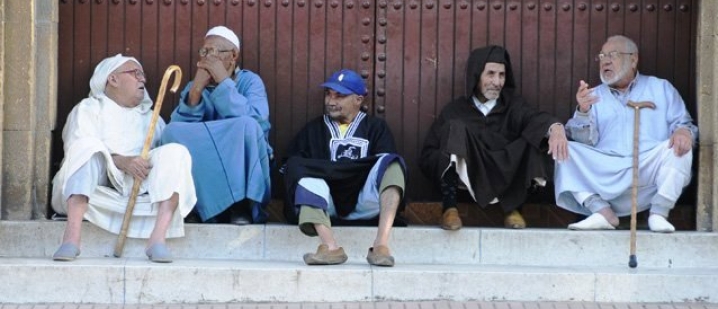Rights of older persons, major challenge for moroccan society

On the sidelines of the 27th UN Human Rights Council, the CNDH took part at a clustered interactive dialogue with Independent Expert on the enjoyment of all human rights by older persons, Rosa Kornfeld-Matte, held on Sept. 8, 2014.
Representing the CNDH, Ms Najat El Mekkaoui, board member, highlighted in her statement CNDH’s concern for the rights of older persons. The Council has recently conducted a survey on the rights of older persons in Morocco and will shortly publish its conclusions and recommendations, she said.
The rights of older persons are a major challenge for Moroccan society, she declared. Despite the new Constitution, which guarantees access to social protection, and the social welfare institutions law, she added, Morocco has not yet had any specific provisions on the rights of older persons.
Too many poor and old persons who have no family support live at welfare institutions. These institutions, governed by Law 14.05, follow a charitable rather than human rights-based approach. There are a lot of shortcomings and dysfunctions as well. Living conditions in several institutions are inappropriate and human rights are not completely honored. The State withdrew and let civil society associations take care of the issue, not to mention the weak coordination of national control mechanisms.
Ms El Mekkaoui shed light on the main recommendations of the Council’s survey on the rights of older persons:
- enacting a new law for the elderly that complies with the international standards;
- harmonizing Law 14.05 with international human rights standards, including access to social protection;
- establishing a government agency for the elderly to develop methodological guidelines and give practical advice for the management of social welfare institutions for the elderly;
- establishing an observatory for monitoring, analysis and demographic, epidemiological and social assessment;
- establishing redress procedures for the elderly in social welfare institutions;
- carrying out inspections by the Ministry of Health;
- capacity building in these institutions;
- building more social welfare centers that are able to support old persons with disabilities,
- etc.






















